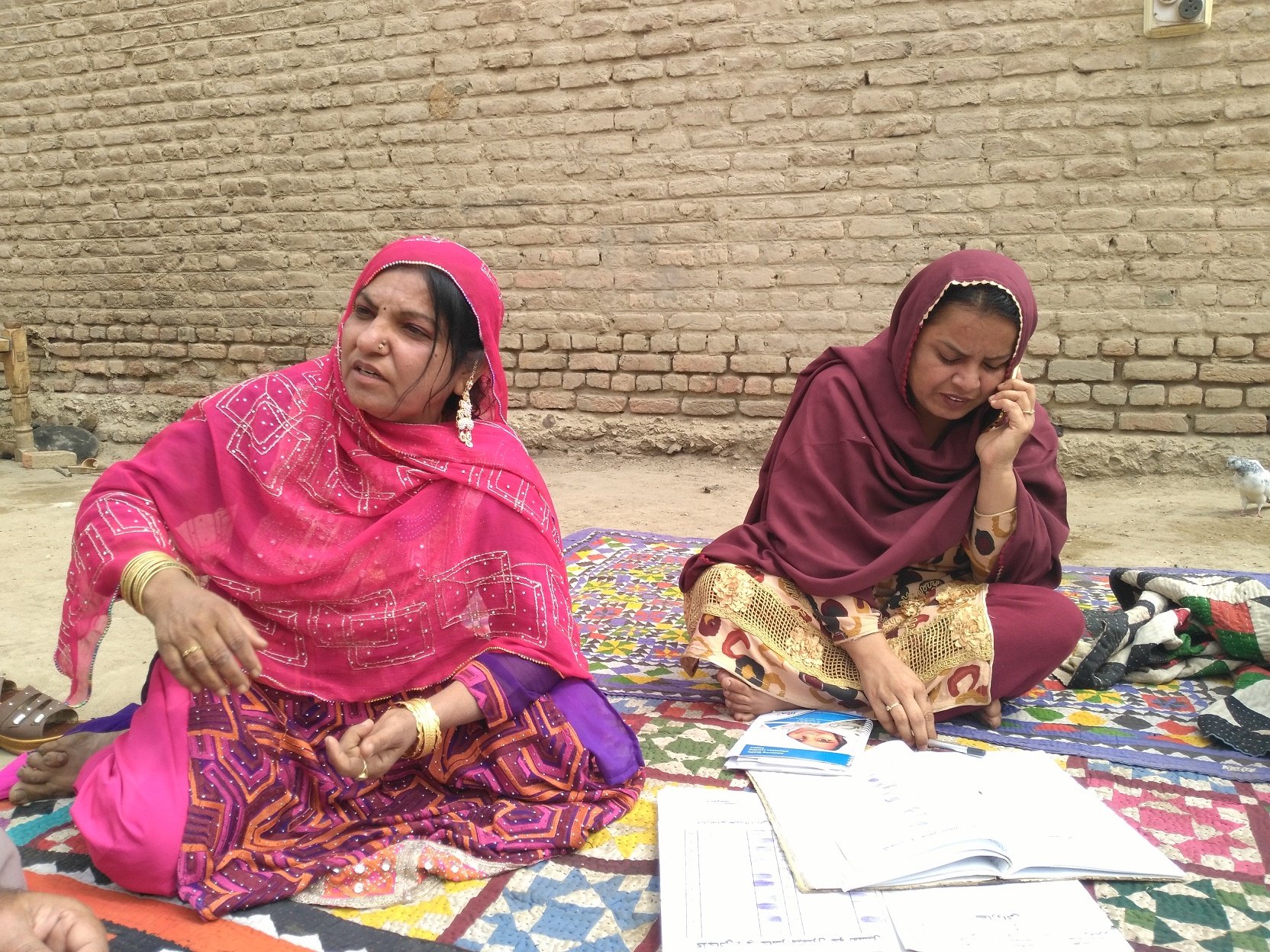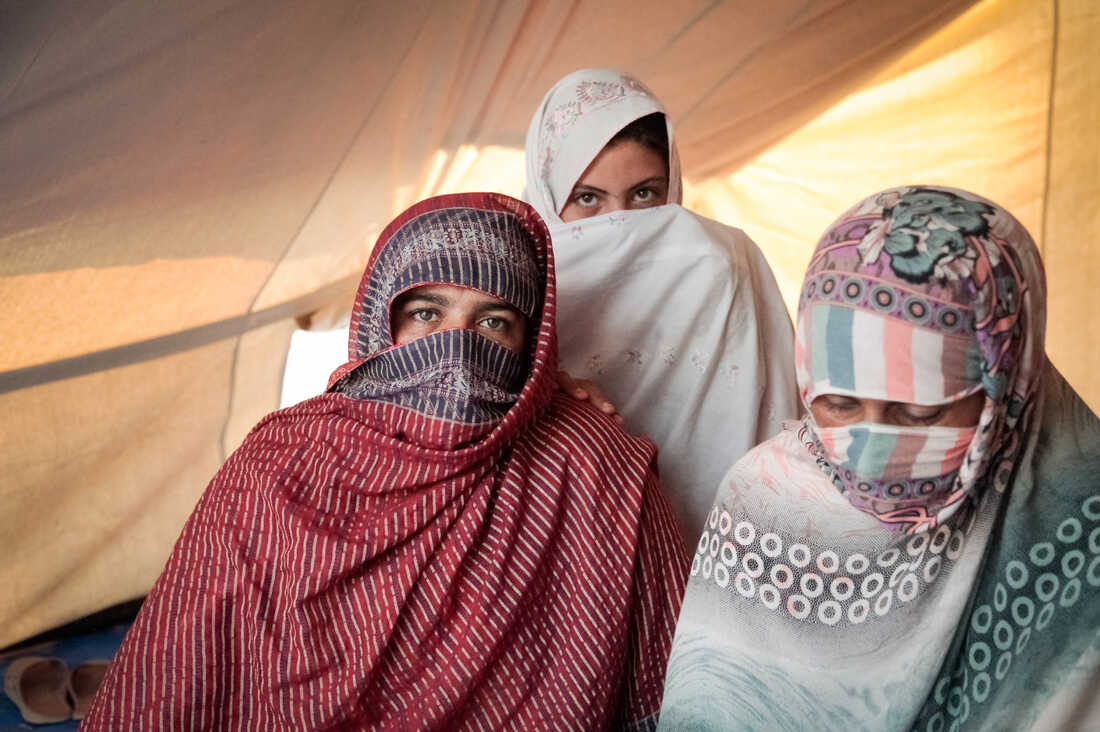

Introduction
The death of a spouse is one of life’s most difficult experiences, and the bereaved face unique struggles that can be hard to comprehend. For the millions of widowed women around the world, these struggles can be especially challenging. Whether you’ve already experienced this journey or are looking to support someone who has, understanding the unique struggles of widowed women is key.
It’s easy to assume that after a certain amount of time, one has “moved on.” But for a widow, it can be more complicated than that—there’s no set timeline for grief or healing. And some days may be harder than others regardless of how much time has passed since their partner’s death.
In this article, we’ll explore these hurdles and discuss some practical ways to face them head-on. From coping strategies to support networks and finding strength within, let’s take a deeper look into the unique struggles facing widowed women in today’s world.
Why Study Widowed Women – A Rationale
As women, we are already familiar with the unique struggles facing us in the world. But for widowed women, the challenges can be even greater. That’s why it’s important to better understand their needs and experiences to ensure we are properly supporting a group that has been marginalized for far too long.
Widowed women often face discrimination—from access to resources like health care and housing, to socio-economic issues like employment opportunities, to social pressures like finding meaningful relationships again. The complexities associated with being a widow in today’s society can be difficult to navigate alone.
What’s more, widowed women often lack support systems that understand their situation and may not be aware of the resources available to them. Additionally, women who have experienced loss need specialized guidance for processing their grief and learning to cope with their loss. This is where understanding widowed women can make a huge difference in providing compassion and support that helps them heal from their pain and move forward in life on healthier terms.
Widowed Women Emotionally and Financially Disadvantaged
Although widowhood is something that happens to anyone, the unique struggles faced by widowed women today are a harsh reality. Now more than ever, widowed women face not only emotional uncertainty and social pressures, but financial pressures as well.
Widowed women are often left with the challenge of single-handedly covering their expenses on one income. This can be especially difficult if they’ve suddenly been thrust into managing debt and investments they may not have had hands-on experience with before. Moreover, widowhood often coincides with taking on additional roles such as head-of-household and sole home manager in which women may experience isolation and loneliness if they don’t have a robust support system.
The emotional challenges faced by widowed women cannot be underestimated. As difficult as it is to experience the death of one’s partner, widowhood also means rebuilding their identity to reflect the transition from “we” to “me”. From redefining social connections to living within one’s new personal reality, the challenge of redefining oneself can often feel insurmountable for many widows.
Exploring the Dynamics of Poverty Among Widowed Women
When it comes to the unique struggles facing widowed women today, poverty is a major issue. Widowed women are at an increased risk of poverty due to a number of factors. First, the death of their partner results in an immediate loss of income, which can be difficult—if not impossible—to replace. In addition, many widows have limited savings or investments that they are able to rely on. Finally, widows may face prejudice or discrimination in the job market, where employers may prefer younger or married candidates over older female job-seekers.
The economic implications of widowhood can be far-reaching and devastating for those affected. Recent studies show that:
- Widowed women in semi-urban areas experience higher levels of poverty than their single peers
- The lifetime cost of widowhood can amount to as much as 30 percent of a woman’s total wealth
- Widowed mothers are four times more likely to live in extreme poverty compared to married couples with children
- Women who experienced the death of their partners before the age of 60 are five times more likely to rely solely on public assistance
Widowhood can leave women in precarious economic situations, but with proper support and education about their options, widowed individuals can build financial security for themselves and their families.
Understanding Grief and Adjustment Process in Widowed Women
Grief affects everybody differently, with no two widows experiencing it in exactly the same way. Grief can be a long and grueling process, but not everyone is able to accept the reality of their situation. Unfortunately, this can prolong the grieving process, making it even harder to accept and adjust to life after your spouse has died.
The grieving process is highly individualized, but there are a few things you should know. It’s common for widowed women to go through five stages: denial, anger, bargaining, depression, and acceptance. It’s also important to note that these phases don’t necessarily happen in any particular order — and in some cases may all be experienced at once.
Furthermore, when it comes to adjusting to life after your partner passes away there are a few things you can do to make it easier on yourself:
- Develop a support network. Talk about your feelings with people who understand what you’re going through and create relationships with those who can provide both emotional and practical support.
- Create new rituals and traditions as part of honoring your partner’s memory while creating new ones that bring joy into your life.
- Take care of yourself. Make sure you get enough rest and eat healthy foods — self-care is important during hard times like this one!
- Make time for yourself — the grieving process takes time and it’s okay to take breaks from social interaction or obligations that may be too draining right now
- Reach out for professional help if needed — talking a therapist or grief counselor can help you process what you’re going through in healthy ways
Accumulated Invisibility: Challenges Faced by Widowed Women
Do you know that widowed women face unique struggles? This “accumulated invisibility” makes it difficult for them to receive the resources they need without being overwhelmed.
When a woman is widowed, she may find herself facing additional layers of complexity in navigating life as a single adult. Aside from the emotional struggles associated with such a life-altering event, she may also have to cope with various everyday challenges, such as managing finances, obtaining health care, or maintaining a home by herself.
Financial Struggles
Financial struggles are particularly common among widowed women because many of them never handled the family finances while their husbands were alive. As a result, they may be unaware of their financial obligations and lack the skills to manage them. This can be compounded by other factors like being too proud to get help from outside sources or having difficulty finding an adequately-paying job due to age or gender discrimination.
Social Isolation
Widowed women can also experience social isolation due to lack of emotional support. Even if they have friends and family members nearby, it can be hard for them to truly relate with others who haven’t gone through the same experience of losing a spouse. Because of this, many widows feel unsupported and alone in their grief journey.
When combined, these factors create an environment of accumulated invisibility for widowed women—a feeling that no one truly understands their situation and that even when assistance is available, it’s often too difficult or time-consuming for them to access it.
Proposals for Greater Support of Widowed Women
When a partner dies, it’s often a shock to the system for those left behind. This is especially true for widowed women, who can face a multitude of difficulties that their married counterparts may not. We’ve already gone over some of the unique struggles faced by widowed women, from financial instability (which is particularly pertinent given the current economic climate) to overwhelming loneliness and lack of support.
But what can be done to help? Here are just a few proposals for how we might better support these women:
Increased awareness
It’s important to raise awareness about the difficulties faced by widowed women, both among individuals and in larger organizations. This should include greater education about the associated emotional and practical challenges, as well as ensuring that bereavement services are widely disseminated.
Financial aid
Widowed women frequently struggle with financial loss following their partners’ passing. This has been further exacerbated by the recession – and while government programs exist to help with this issue, they need to be regularly reviewed and improved.
Accessible counseling services
It’s essential that widowed women have access to professional counseling services – both in terms of practical advice (i.e. job search strategies, budgeting guidance) as well as emotional support. Initiatives such bereavement programs could also provide a valuable social outlet where mourners can talk with others sharing similar experiences – something which many list among their greatest needs when going through bereavement.
Conclusion
The challenges faced by widowed women are unique, and the obstacles they face are often unseen or ignored. This neglect can have a devastating impact on the emotional wellbeing and financial security of these women, compounding the already significant challenges widows face.
Understanding the struggles these women endure is the first step to creating policies, services, and support systems that can help. We owe it to them to make their voices heard, to prioritize them when making decisions, and to recognize the invaluable contributions and sacrifices they make to their families and societies.
It’s time for us to start seeing and hearing widows in a new way: as powerful, resilient individuals with inherent strength, not as invisible burdens to be dismissed or pitied. By taking into account the unique issues they face, we can finally begin to create a better environment and support system for them.

 using WordPress and
using WordPress and